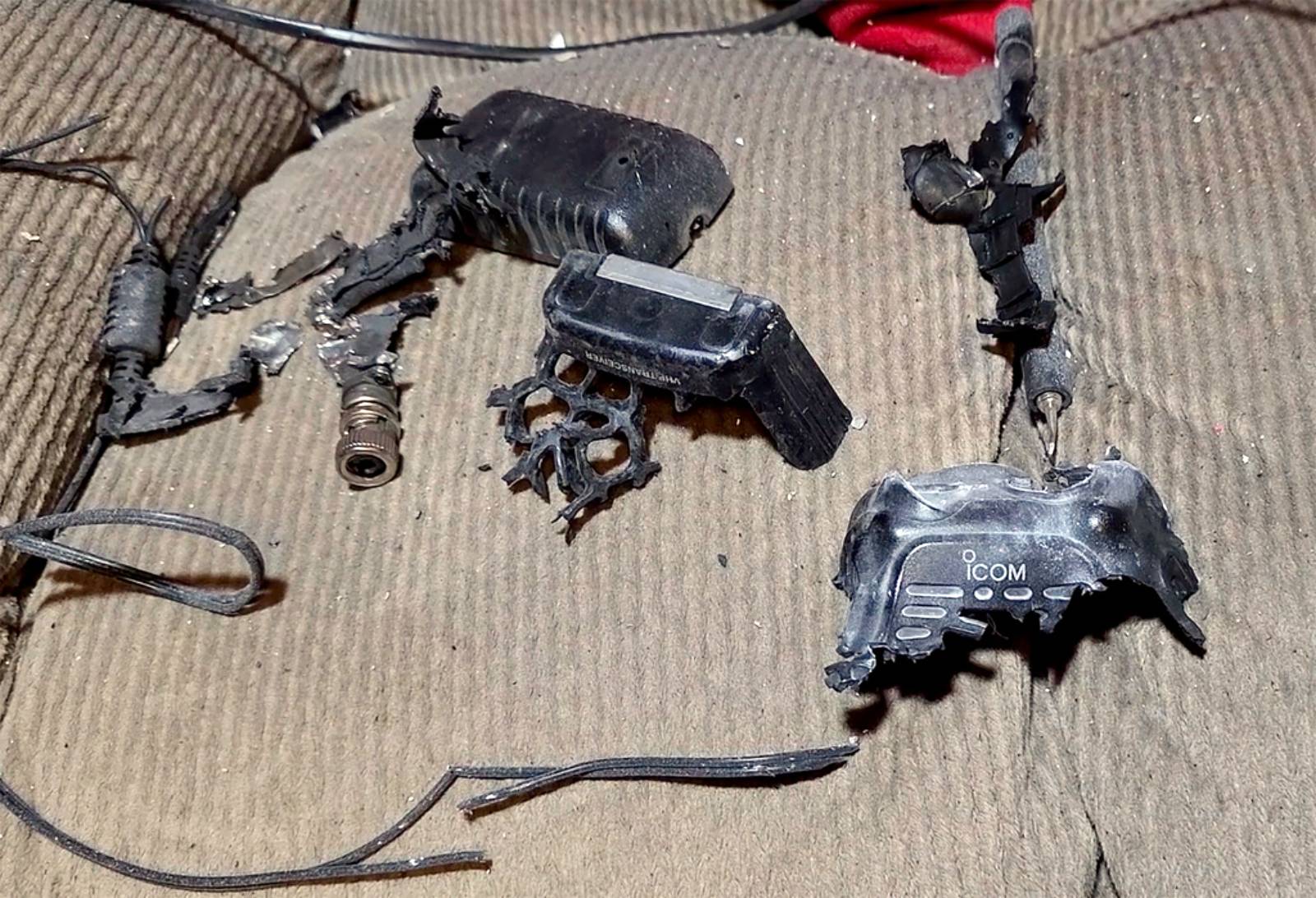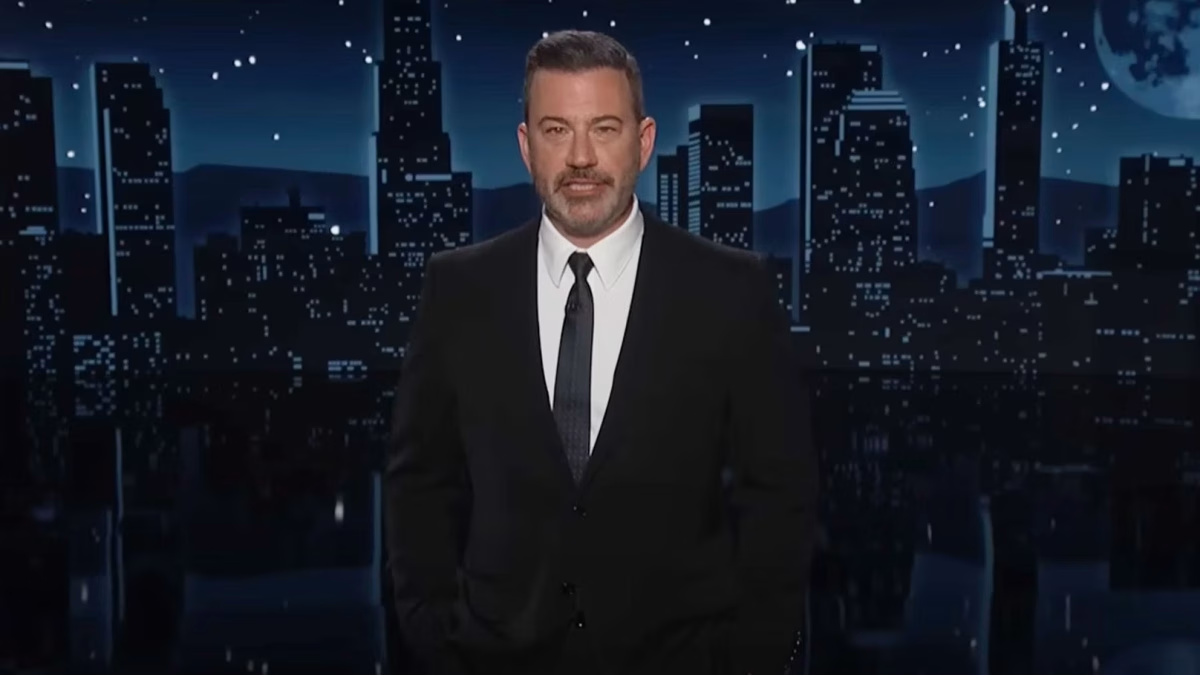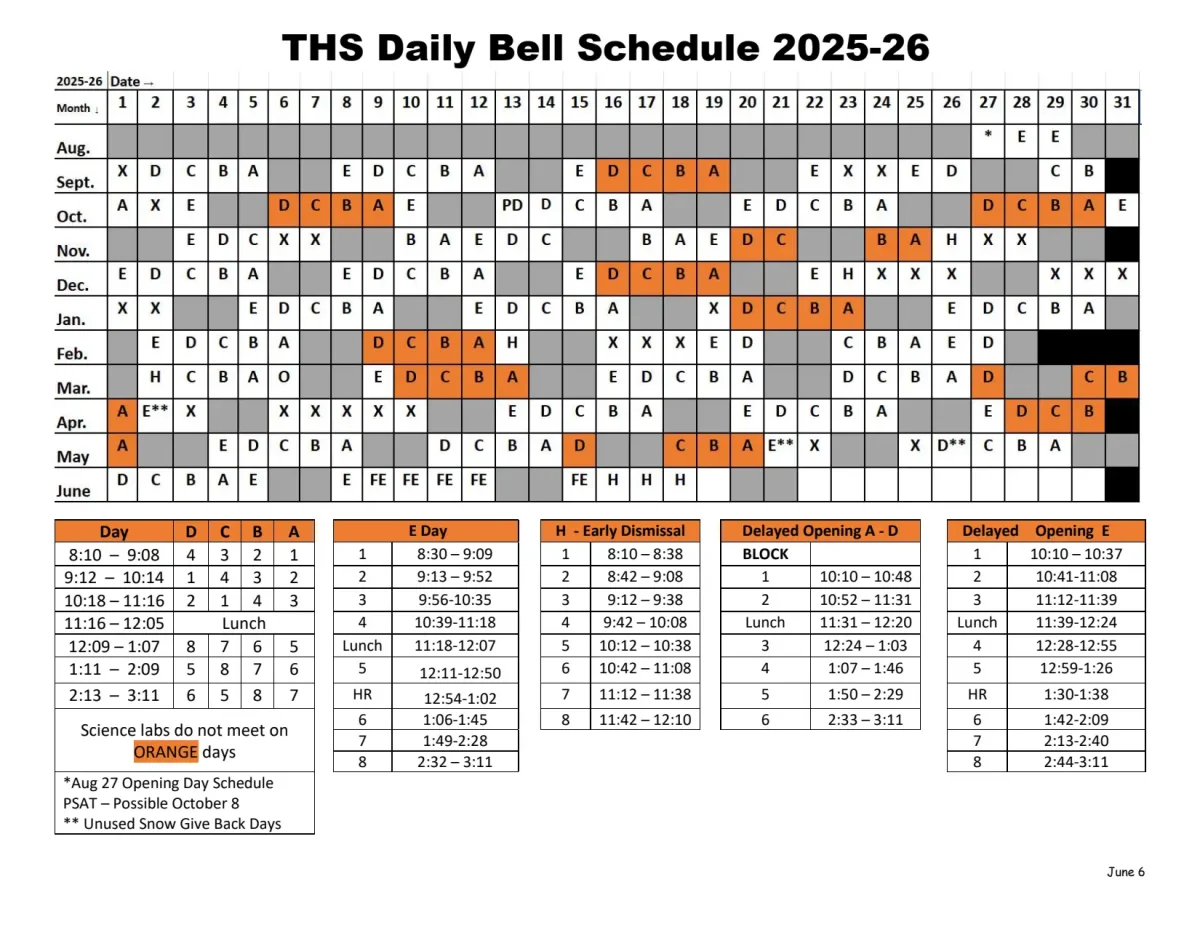Throughout September 17 and 18, seemingly endless clouds of smoke wafted through the streets of Beirut and across Lebanon, stretching into Syria.
In a security breach, thousands of pagers and walkie-talkie devices had detonated, the explosions killing dozens and injuring thousands. Used by members of the Lebanese paramilitary group Hezbollah, the small devices were hacked by Israeli intelligence—-Mossad—-concurrently exploding in two waves. Each cataclysmic detonation added to the hundreds of thousands of Lebanese now displaced.
On July 30, the IDF carried out a targeted airstrike against Hezbollah commander Fuad Shukr, residing in Dahiyeh, a neighborhood in southern Beirut. The Mossad contacted the commander by breaching Hezbollah’s internal communications network. Instructed to go to the seventh floor of his building, Shukr arrived when an Israeli missile hit the complex at around 7 p.m. local time. The projectile killed Shukr and his family, injuring 70 other occupants. The IDF had targeted the commander after he reportedly ordered the rocket attack on Golan Heights, which killed twelve children and wounded 40 others. Hours after Shukr’s assassination, Hamas chief Ismail Haniyeh died in another Israeli airstrike while visiting Tehran. On August 17, Hezbollah commander Hussein Ibrahim Kassab died in an Israeli drone strike in Tyre.
Since Shukr’s assassination, all members of Hezbollah have been ordered not to use their cell phones (as their movements could be tracked), opting for pagers and walkie-talkie devices. Allegedly, five months ago, the Mossad intercepted shipments of Hezbollah-destined devices from Taiwanese manufacturer Gold Apollo. They equipped the batteries with one to two ounces of pentaerythritol tetranitrate (PETN), a highly explosive material under heat exposure. When given an external command, the batteries overheat and trigger an explosion. On September 17, the Mossad sent a code, resulting in thousands of pagers and walkie-talkies detonating simultaneously.
“Residents said the explosions continued to occur even 30 minutes after the initial blast,” The New York Post reported. The first wave initiated at 3:30 p.m. local time, killing at least twelve, including two children, ages eight and eleven, and injuring 2,800 others. At least fourteen members of Hezbollah were also injured in Damascus, Syria. As a result, walkie-talkie devices were confiscated from security staff at Rafic Hariri International Airport in Beirut.
The following day, Wednesday, September 18, a second wave detonated, killing at least 20 more and injuring 600. Victims of both waves suffered bodily injuries, some more severely than others.
“Approximately 100 hospitals are treating wounded people,” said the Lebanese Ministry of Public Health.
Hospitals in Beirut and its suburbs quickly filled to max capacity, sending other patients to hospitals in Iran. The Iranian ambassador of Lebanon, Mojtaba Amani, possessed one of the pagers and was injured in Tuesday’s attack.
“I am proud and honored that my blood has become one with the blood of the honorable Lebanese people as a result of the horrific terrorist crime that targeted our brotherly Lebanon yesterday,” Amani said on Wednesday, to ABC News. “This noble country has stood with dignity and pride since the first day of al-Aqsa Storm.”
On September 18, schools and offices across Lebanon were closed, including institutes and places of higher education.
In retaliation, Hezbollah has sent hundreds of missiles and drone attacks into northern Israel. While the Iron Dome intercepted most, some still bypassed the defense system, striking Haifa, Galilee, Beit She’an Valley, and other areas in Israel’s north.
As Israeli-Lebanese combat continues, the risk of war officially breaking out between the two nations escalates. Backed by Iran, Hezbollah is one of the many Iranian militant groups that seek “the destruction of the Jewish state.” Supported by other terrorist groups, the ideology advocating for Israel’s annihilation is likely to continue for many years to come. It will be the defining factor that keeps the Middle East asunder.














